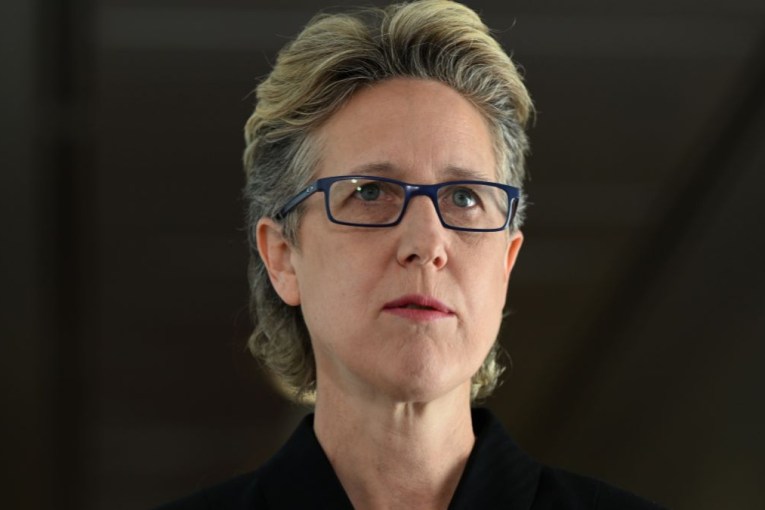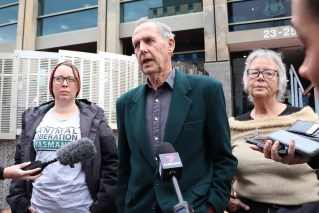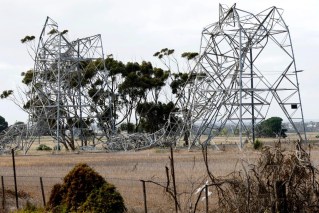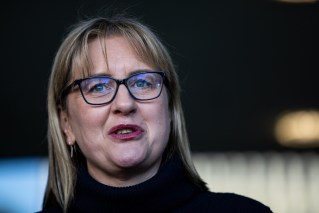What is the religious discrimination bill and why are both sides angry about it?

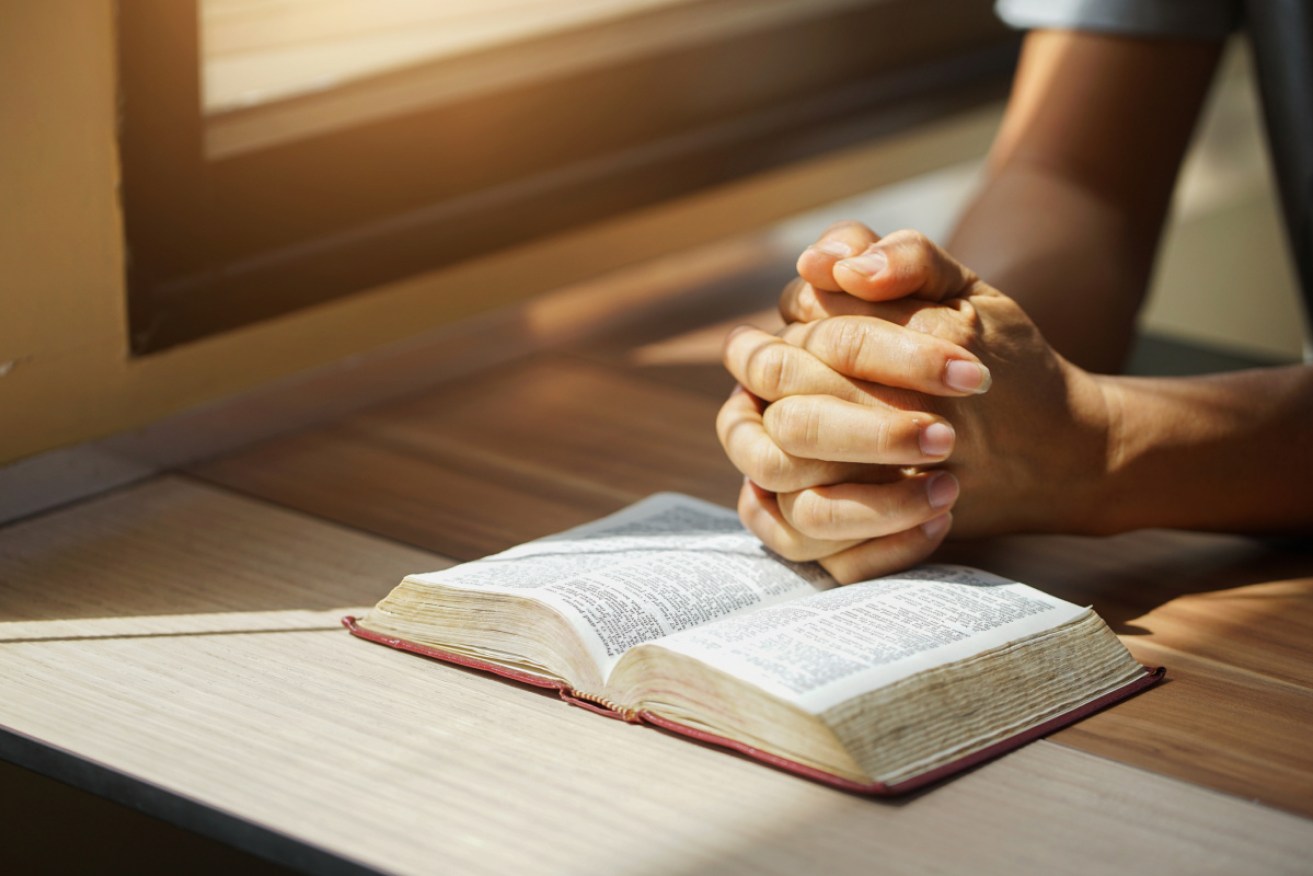
The religious discrimination bill has been introduced into Parliament. Photo: Getty
The federal government’s long-awaited religious discrimination bill is likely to be finally introduced into Parliament next week, potentially setting up a fiery final sitting fortnight of the year.
But three years after first proposing the legislation, meant to extend more freedoms and protections from discrimination for people to exercise their religious beliefs, Prime Minister Scott Morrison finds himself in a parliamentary quagmire.
While the final legislation has not yet been seen, both critics and supporters of the broad concept appear to oppose much of the bill’s draft and reported conditions.
Religious groups and conservative politicians say the bill is too weak to protect their interests; human rights organisations representing minority and equality groups, plus moderate and progressive politicians, say the bill goes too far.
Coalition MPs have reserved their rights to cross the floor and vote against it, while crossbench senators are not in favour, in what promises to be a frenetic last two weeks of Parliament for the year.
Where did the religious discrimination bill come from?
The legislation was announced in December 2018, following recommendations from former attorney-general Philip Ruddock’s review into religious freedoms in Australia – which was borne out of concerns raised by faith groups following the passage of the marriage equality plebiscite in 2017.

Christian Porter and Scott Morrison announce the bill in 2018. Photo: AAP
Religious organisations had concerns about freedom of faith where it intersected with employment, commerce, health and education; citing standard examples as doctors conscientiously objecting to performing abortions, religious schools hiring or firing gay teachers, or same-sex couples ordering a wedding cake.
Mr Morrison, announcing the proposal alongside then-attorney general Christian Porter, said he believed there was “no more fundamental liberty” than freedom of religion.
“They’re not about protecting any individual religion … It’s about protecting Australians and an Australian’s right to believe in what they want to believe,” he said.
What’s in the religious discrimination bill?
The bill has had two separate exposure drafts released, but no final legislation.
The third version was reportedly reviewed by federal cabinet and discussed with Attorney-General Michaelia Cash at a backbench committee meeting this week, but no final text has been released publicly.
Previous versions of the bill included a controversial condition that would have blocked employers from taking action against workers who made controversial “statements of belief”, if based on their religion.
This was referred to as the ‘Folau clause’, named after footballer Israel Folau, who had his lucrative rugby contract torn up after posting a graphic on social media claiming that “sinners” like gay people would go to hell.

The so-called ‘Folau clause’ may be dropped. Photo: AAP
The fate of that clause is uncertain.
Moderate Liberal backbenchers like Dave Sharma had spoken strongly against it; the powerful Australian Christian Lobby claimed last month that the clause would be included; while media reports this week suggest it has now been dropped or scaled back.
The statement of belief protection, which would override state law, would allow people to express any part of their religious beliefs as long as it doesn’t vilify or humiliate another person.
But equality groups say it could still harm the LGBTQI community.
Other sections of the bill would have created powers for religious schools to discriminate on hiring of staff based on their religion, and for medical workers to conscientiously object to providing some treatments like birth control or sexual health services.
The employer provisions are reportedly remaining in the bill, but the medical exemptions have been dropped.
Where does it stand politically?
Moderate Liberals are concerned at over-reach and the potential for further discrimination – potentially against minority groups like the LGBTQI community – to be an unintentional side effect.
Conservative Coalition MPs are upset the proposal doesn’t go further to protect expression of religion.

Mark Dreyfus. Photo: AAP
Several MPs on both wings of the Coalition have reserved their right to cross the floor.
On the Senate crossbench, the likes of Jacqui Lambie, Rex Patrick and Stirling Griff have raised reservations – potentially meaning the bill’s final fate will come down to Labor supporting or opposing it.
Labor said it supports protections against religious discrimination, but has shied away from commenting heavily on the ongoing debate.
Shadow attorney-general Mark Dreyfus told Senator Cash that Labor supports people of faith being “protected against discrimination”, but admitted it is “a delicate matter”.
The Opposition says it is waiting to see the final legislation before passing judgment.
However, Labor is also aware the Coalition has fractured over the bill, between moderate and conservative elements. By staying silent, the Opposition keeps the attention on the government.
What are key players saying about it?
Labor frontbencher Chris Bowen called the initial version of the bill “friendless” in 2019, following criticism from religious, human rights and business groups.
In 2021, various voices are still condemning the bill for going too far, or not far enough.

Anna Brown. Photo: AAP
“The Morrison government has retained some of the worst provisions of the bill,” Anna Brown, CEO of Equality Australia, told The New Daily.
Although she was pleased at reports the ‘Folau clause’ appeared to be scrapped, Ms Brown said she was concerned retaining some elements of the “statement of belief” provisions.
She claimed this could lead to harm to LGBTQI Australians by allowing a person to, on the basis of their religion, intentionally ‘misgender’ a trans person.
“These provisions undermine everyone’s right to respect and dignity at work, school and whenever they access goods and services like healthcare,” Ms Brown said.
Wendy Francis, national director for politics for the Australian Christian Lobby, also gave mixed reviews.
Her group was happy to see more protections for faith-based schools and health facilities to “prefer to employ” religious staff, and for new ‘statement of faith’ protections.
However, she claimed the bill didn’t do enough to protect religious expression and speech, or to help Christian schools “operate according to their ethos”.
Ms Francis claimed it was “better than nothing”.
“We hope that this bill can be improved in 2022. There will be a further consultation process in the Senate, and we will take that opportunity to make further recommendations for improvement,” she told TND.
